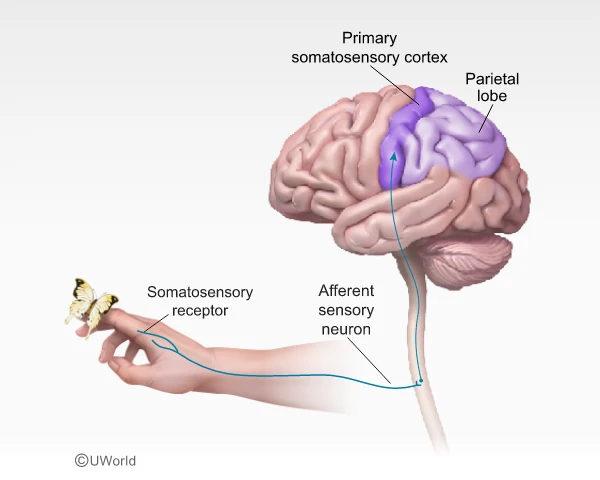I remember it was a sunny afternoon, and I was sitting in my favorite coffee shop, sipping a latte, when I decided to tackle the AP Psychology exam. I had always been fascinated by the human mind, how it works, why we do what we do, so this seemed like a fun challenge. But where to start? This wasn’t like studying for a regular school test. I needed a plan, a strategy.

First thing I did was to get my hands on some practice exams from previous years. I figured the best way to know what to expect was to, well, see what others had faced before. I also dug up some review questions from various sources online. At this point, I wasn’t too worried about timing myself. The goal was just to get a feel for the kind of questions that would be asked and start brushing up on what I already knew. It was like dipping my toes in the water before the big dive.
Start Preparing
I spent a few days doing this, and it was a bit of a wake-up call. There were areas I thought I had down pat that turned out to be a bit shaky. And then there were topics I hadn’t even thought about! So, I made a list. A big list of everything I needed to review, from the basics of neuron firing to the more complex theories of human motivation. I had to understand how to pace myself. It’s easy to burn out if you try to cram everything at once. So, I set a schedule. A few topics a day, some practice questions, and breaks in between.
Practice Exam
Once I felt a bit more confident, I decided to try a full practice exam under timed conditions. This was the real test. And let me tell you, it was tougher than I expected! The time just flew by. But it taught me a valuable lesson: I needed to be quicker in answering, and for the tougher questions, I had to learn to make educated guesses. There’s no way you can know everything, so being able to make a smart guess is key.
- Set a study schedule and stick to it.
- Take timed practice exams to get used to the pressure.
- Focus on your weak areas, but don’t neglect what you’re good at.
After a few weeks of this routine, I started seeing improvements. My scores were going up, and I felt more comfortable with the format and the time constraints. It was a grind, no doubt, but a rewarding one. I even started to enjoy the process, seeing how much I could learn and how much I could challenge myself.

Finally, the day of the exam came. I won’t lie, I was nervous. But I also felt prepared. I had put in the work, and I knew I had done my best. And that’s all you can really do, right? In the end, I walked out of that exam room feeling pretty good. And when the scores came out, I was thrilled. All that hard work had paid off! It was a tough journey, but one I’d definitely recommend. It taught me a lot about psychology, sure, but also about discipline, time management, and the importance of staying calm under pressure. Good stuff, all around.














